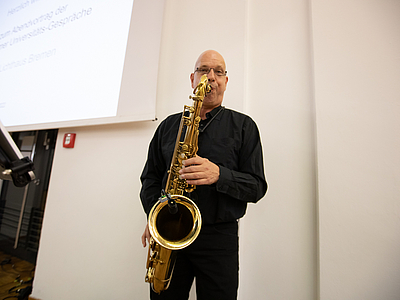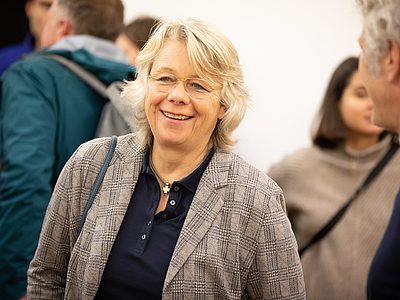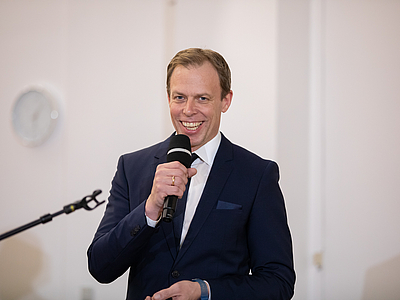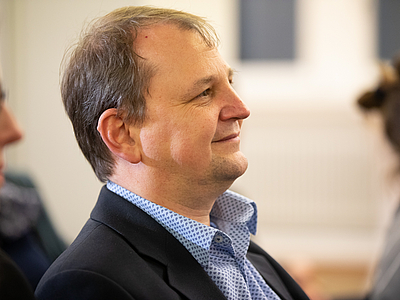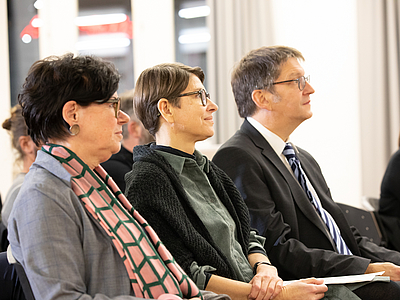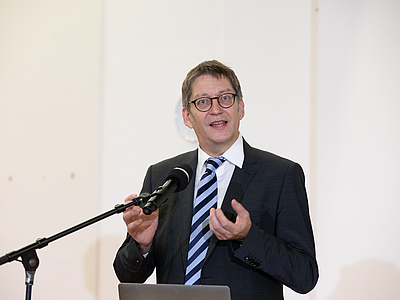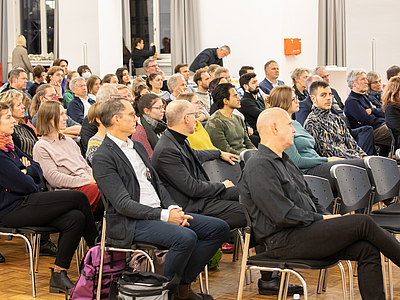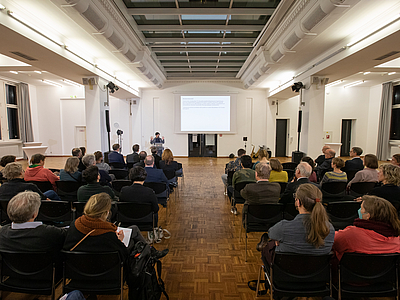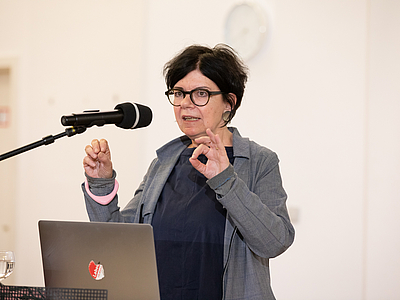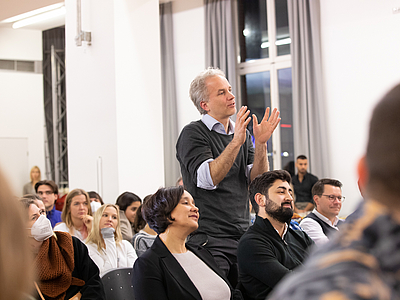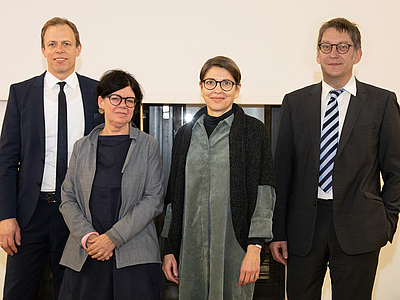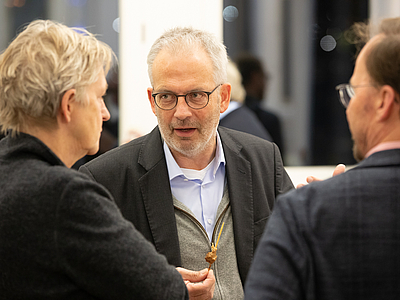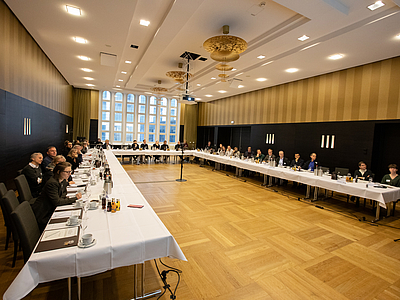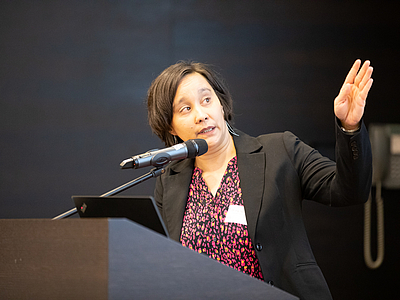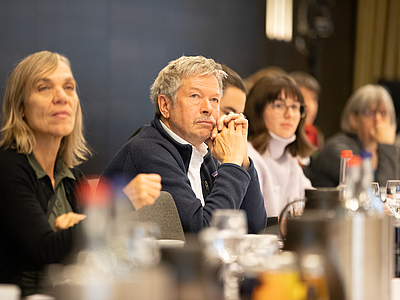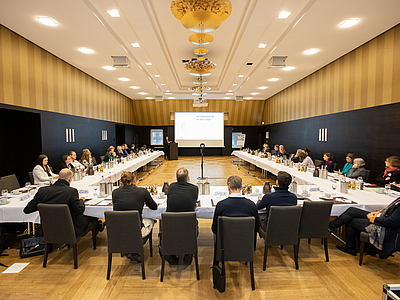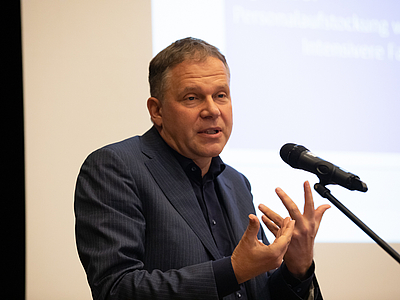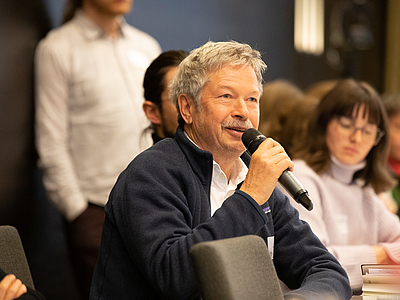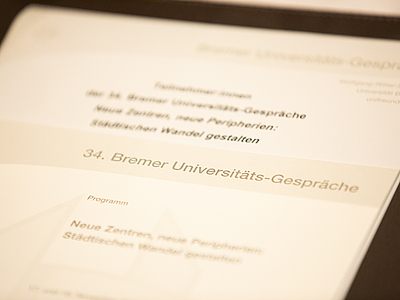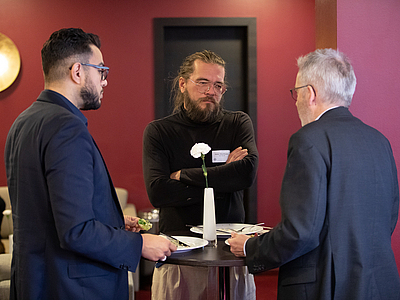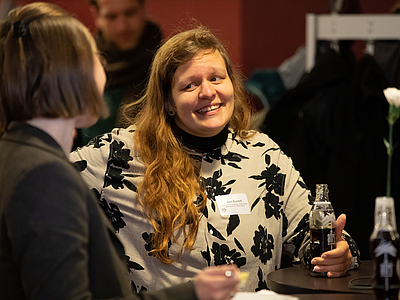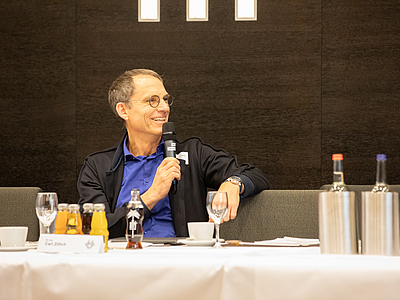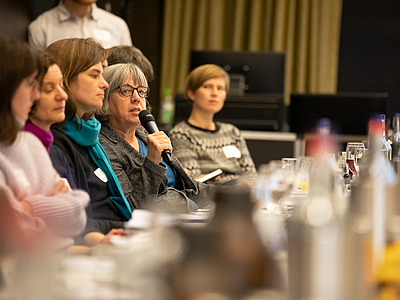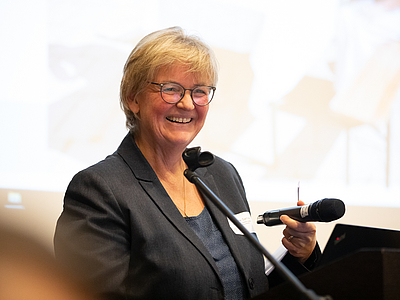BUG 2022
The topic
Closed shops, deserted pedestrian zones and deserted market squares: The coronavirus crisis has accelerated urban structural change, making visible to everyone what has been discussed in urban research for years: The old city centres have lost a large part of their centrality, not least because service and administrative functions have either shifted online or to the outskirts of the city. The loss of importance of the city centre means that the city is losing its centre. At the same time, it is precisely the outskirts where urban, liveable and exciting places with new central functions have emerged in recent times. Against this background, the question arises as to the essential contours of the new centres and peripheries and the consequences of urban change.
The emerging, still unclear new geographies of the city are accompanied by an increasing complexity of social structures. As a result of colonialism and decolonisation, European societies have become immigration societies, which are described as "superdiverse" from a social science perspective. Together with the process of demographic ageing and the disappearance of the middle classes, this not only leads to a clear pluralisation of life situations and styles, but also to an increasing fragmentation of urban society. Urban development players are therefore faced with the task of meeting the diverse social challenges, catering to the heterogeneous needs of different sub-groups and creating architectural and spatial structures that offer identification potential and participation for very different social groups.
The 34th Bremen University Talks aim to bring urban development practitioners together with stakeholders from politics, administration and academia to discuss guidelines and development opportunities for urban change. Following three input sessions, all participants are invited to take part in transdisciplinary workshops to help define the position of the new centres and peripheries and to work on outlining the new urban geographies.
Scientific coordination
Prof Dr JuliaLossau, University of Bremen
Prof Dr Ivo Mossig, University of Bremen
Programm
Thursday, 17.11.2022
Opening evening at the Lichthaus Bremen
Hermann-Prüser-Straße 4, 28237 Bremen
Greeting
Alexander Witte
Chairman of the Wolfgang Ritter Foundation
Introduction
Prof Dr JuliaLossau and Prof Dr Ivo Mossig
University of Bremen, scientific coordination
Opening lecture
"Silent activism. Artistic interventions in public space"
Dr Barbara Holub
Vienna
Reception organised by Sparkasse Bremen AG
Friday, 18.11.2022
Conference at the Atlantic Grand Hotel Bremen
Input Session 1: Centres, Peripheries, Materialities
Impulses:
Prof. Dr Ilse Helbrecht
Humboldt University of Berlin
Prof. Dr Christian von Wissel
Bremen University of Applied Sciences
Input session 2: Thinking the city as a social space
Impulses:
Dr.-Ing. Noa K. Ha
German Centre for Integration and Migration Research
Prof. Dr Christian Spatschek
Bremen University of Applied Sciences
Input session 3: Shaping urban change
Impulses:
Prof. Dr Oliver Ibert
Leibniz Institute for Spatial Social Research Erkner / Free University Berlin
Christiane Gartner
Culture on site, Bremen-Gröpelingen
Workshop

